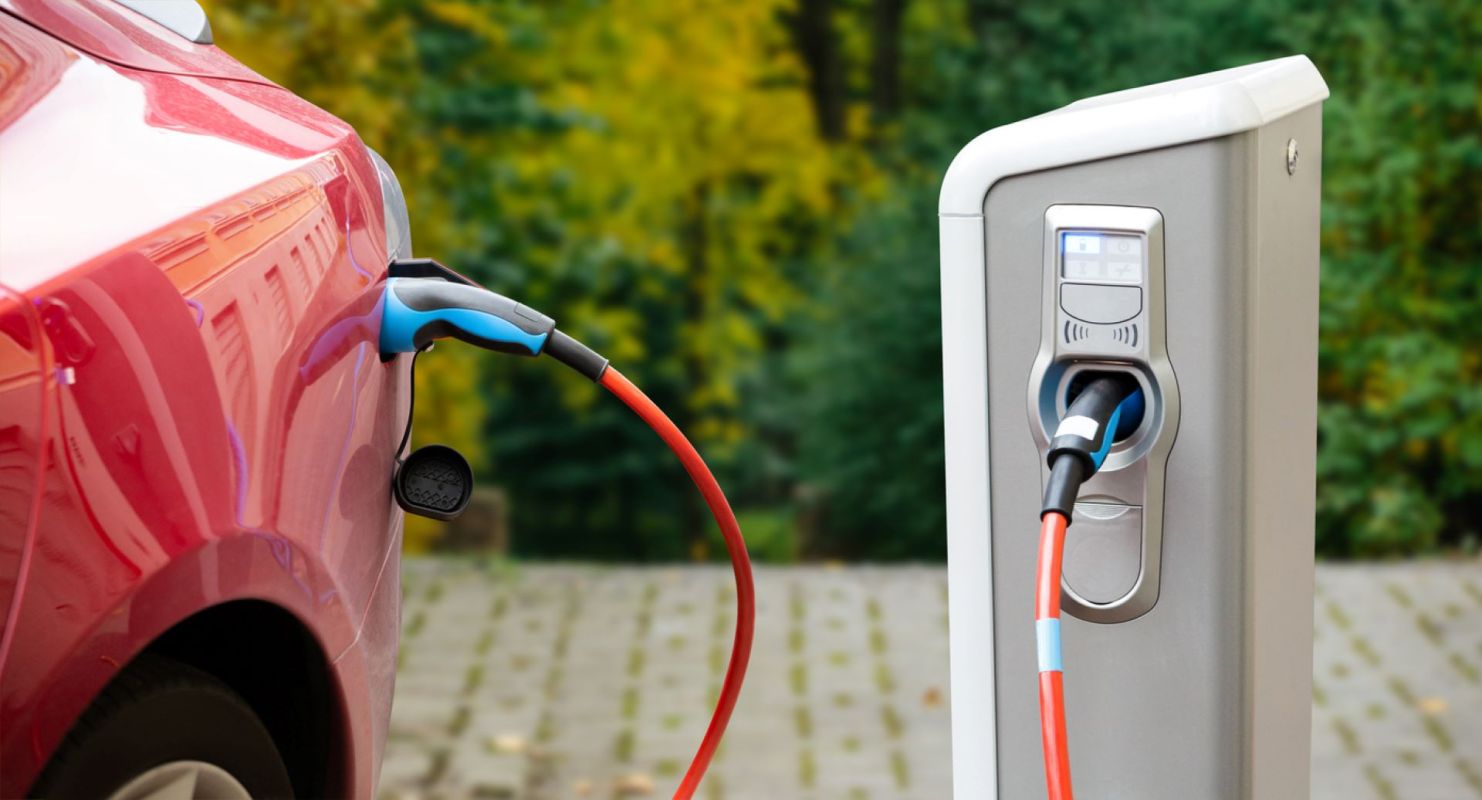Experts from Amprius Technologies are tapping silicon, considered the seventh-most plentiful element in the universe, to create better battery cell anodes with powerful results.
The company's researchers have said that superb energy storage and other improvements realized by their silicon anodes will be a big boost for electric vertical takeoff and landing aircraft (eVTOLs) that need strong propulsion.
Electric vehicles could benefit from the silicon cells as well (going from 0 to 60 miles per hour in 1.5 seconds, according to InsideEVs, among a host of other benefits in multiple industries.
It all starts with replacing graphite anodes with silicon, which is also the second-most common element in the Earth's crust.
The anode is one of two electrodes the battery needs during the charge/discharge process. In lithium-ion batteries, lithium is stored and lithium ions are released as the battery charges and discharges, according to the U.S. Department of Energy.
The Fremont, California-based company says that more silicon creates a better lithium-ion battery, in part because silicon has an excellent ability to store lithium compared to graphite (silicon can store 10 times the amount, according to Amprius). The silicon cells can provide more power with less weight while also improving charging speeds, InsideEVs reported.
Amprius experts tout some impressive battery improvements on their website; their batteries have been validated by the U.S. Department of Energy, the U.S. Army, BAE Systems, and others.
"We enable you [to] fly higher and travel farther," Amprius CEO Kang Sun said in a video on the company's website.
An 80% charge in less than six minutes, an operating range of minus 22 degrees to 131 degrees, and high power and energy density are top qualities the silicon tech can deliver, according to Amprius.
To drive home the superiority Amprius experts are touting, they have a graph on their website that provides a point-by-point comparison of silicon vs. graphite anodes in a variety of uses.
Silicon outpaces the competitor in EV driving range (estimated 547 miles per charge compared to 310 miles), flight time (42 minutes to 24), and talk time for the battery technology used in a phone (5 hours, 40 minutes to 3 hours, 6 minutes for graphite).
There's even a comparison for "mission time" as part of "wearable battery" work with the Army. Silicon provided 17 hours 48 minutes, compared to graphite's 8 hours, 12 minutes.
Amprius leaders have big plans for their silicon anode cells, and they fully expect the rest of us to realize the benefits in EV tech and beyond relatively soon.
The company plans to deliver samples of its innovative cells to customers by the end of the year, according to a press release. "Commercialization" of the tech is planned for 2024.
"Our technology will become mainstream technology … and have broad market applications," Sun said in the clip.
Join our free newsletter for weekly updates on the coolest innovations improving our lives and saving our planet.









